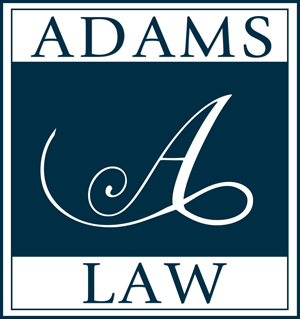Can You Be Terminated for Your Comments on Facebook or Twitter?
Social Media pervades our lives – including the workplace. Recently, the National Labor Relations Board (“NLRB”) has sought to define the parameters of an employee’s right to engage in “protected concerted activity” given the role that Facebook, Twitter, LinkedIn and other such social media and internet based forums play in our lives. The NLRB issued three Advice Memorandums on the topic in July 2011. Those agency memorandums reveal an effort to establish a more consistent approach to evaluating whether social media communications constitute “protected concerted activity.” In each, the NLRB recognized that “circumstances where individual employees seek to initiate or to induce or to prepare for group action,” or where “truly group complaints” are being brought to management’s attention constitute or implicate “protected concerted activity.” Engaging in a protected concerted activity is necessary to find protection under the relevant law. In each of the three cases the NLRB looked at, it found that no protected concerted activity existed.
In the first case, a bartender complained on Facebook to a relative about his employer’s tip policy and other compensation issues and referred to his employer’s customers as “rednecks” and other offensive terms. In the second case, a Walmart employee’s Facebook wall contained his comment, “Wuck Falmart” and other more profane comments. The third case the NLRB examined involved an employee of a homeless shelter who logged into his Facebook account during work hours and made inappropriate comments about the shelter’s residents. In each of the three cases, the NLRB found that there was no protected concerted activity because each employee was voicing purely individual concerns.
For employees terminated for making comments on Facebook and other social media, an attorney can analyze whether the employee was protected from termination or discipline for the comments made by examining whether the employee is noting a purely personal concern or airing a personal grievance, or whether they are raising complaints designed to persuade others to bring about change through group action. One significant factor to consider is whether the employee’s coworkers also made comments agreeing with the posts. If they did, the termination may have been wrongful. It must be noted, however, that even if you have engaged in protected activity, if you used Facebook during company time, while “on the clock” or included profane or otherwise inappropriate comments, you could lose the protection afforded under the law.
If you have been terminated or disciplined within the last year for comments made on Facebook, Twitter, or other social media websites, we can analyze whether you were wrongfully terminated or disciplined.
If you are an employer considering terminating or disciplining an employee for such comments, you may need to exercise caution if the employee was posting a comment that concerns the terms and conditions of employment. We would be happy to analyze whether an employee’s comments constitute protected activity.
If you would like to read the full text of the Advice Memoranda, please go to http://www.laborrelationstoday.com





